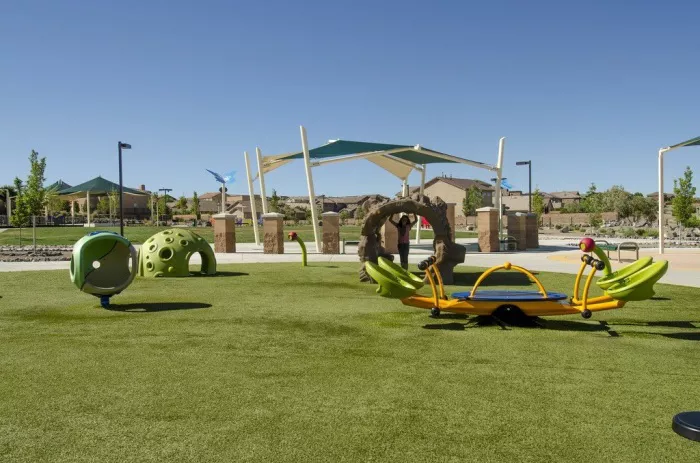Late summer is often synonymous with sunny days, outdoor adventures, and vibrant blooms. However, for many individuals, this season also brings about an unwelcome guest: allergies. As the warmth of summer persists, so does the prevalence of allergens in the air, triggering allergic reactions in susceptible individuals. Understanding the root causes behind late summer allergies is crucial for effective management and prevention. In this comprehensive guide, we delve into the various factors that contribute to allergies during this time of the year.
Pollen Paradise
One of the primary contributors to late summer allergies is pollen. While spring is typically associated with peak pollen levels, certain plants continue to release pollen well into the summer months. Ragweed, a prevalent allergen, reaches its peak during late summer, releasing copious amounts of pollen into the air. Additionally, grasses and certain trees continue to pollinate, further exacerbating allergic symptoms. The dry and warm weather conditions characteristic of late summer provide an optimal environment for pollen dispersion, leading to heightened allergic reactions in susceptible individuals.
Mold Matters
In addition to pollen, mold spores play a significant role in late summer allergies. Mold thrives in warm and humid environments, making late summer an ideal breeding ground. Outdoor mold spores are abundant in decaying vegetation, compost piles, and damp soil, all of which are common during this time of the year. Furthermore, indoor mold growth may escalate in late summer due to increased humidity levels and poor ventilation. Individuals with mold allergies may experience symptoms such as sneezing, nasal congestion, and itchy eyes as a result of heightened mold exposure during late summer.
Air Quality Woes
Late summer often coincides with poor air quality, further exacerbating allergic symptoms. High levels of air pollution, such as ozone and particulate matter, can irritate the respiratory system and amplify allergic reactions. Summer wildfires, which are increasingly common in many regions, release smoke and ash particles into the air, posing additional respiratory challenges for allergy sufferers. Additionally, stagnant air conditions prevalent in late summer can trap allergens close to the ground, prolonging exposure and intensifying symptoms in affected individuals.
Insect Intruders
Late summer brings about increased outdoor activity, exposing individuals to a higher risk of insect bites and stings. For those allergic to insect venom, such as bees, wasps, and hornets, encounters with these creatures can result in severe allergic reactions, known as anaphylaxis. Late summer is prime time for insect activity, as these creatures become more aggressive in their search for food and shelter. Moreover, certain insects, such as mosquitoes, can transmit diseases that may exacerbate allergic symptoms or lead to secondary infections in susceptible individuals.
[inline_related_posts title=”You Might Be Interested In” title_align=”left” style=”list” number=”6″ align=”none” ids=”6124,6121,6118″ by=”categories” orderby=”rand” order=”DESC” hide_thumb=”no” thumb_right=”no” views=”no” date=”yes” grid_columns=”2″ post_type=”” tax=””]































